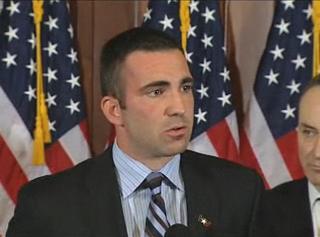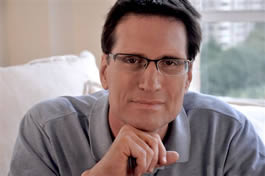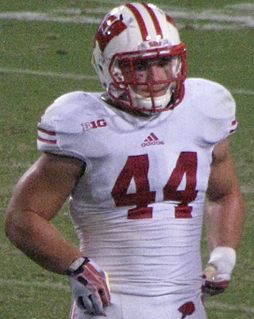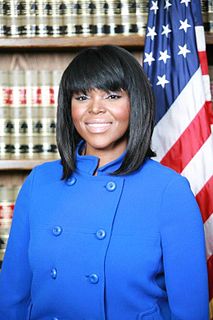A Quote by Chris Hayes
The backlash to [Sarah] Palin`s comments was swift, with veterans and veterans` groups criticizing the apparent politicization of post-traumatic stress disorder.
Related Quotes
I think the American people recognize is after a decade of war it's time to do some nation building here at home. And what we can now do is free up some resources, to, for example, put Americans back to work, especially our veterans, rebuilding our roads, our bridges, our schools, making sure that, you know, our veterans are getting the care that they need when it comes to post-traumatic stress disorder and traumatic brain injury, making sure that the certifications that they need for good jobs of the future are in place.
People understand the tremendous sacrifices that veterans have made - and they instinctively want to do something for them. And that sometimes leads people to give veterans an excuse: Oh, you didn't show up for work on time. It must be that you have posttraumatic stress disorder. Oh, you're disabled. Don't even try.
There`s three sort of fundamental things that happen when someone`s suffering from these issues [post-traumatic stress disorder ]. First, they get intrusive thoughts.The second issue is you become startled quickly.And the third key point is it`s avoidance.Those are the three sort of pillar fundamentals of what we consider post-traumatic stress, not violence against someone who`s close to you. There`s just a huge misunderstanding.
I do engage veterans. I meet with the veterans' service organizations monthly. It's a direct, no-holds-barred discussion. I travel to their conventions, where I speak to the veterans membership. I do travel. I've been to all 50 states. When I do, I engage veterans locally. So I get direct feedback from those veterans.

























